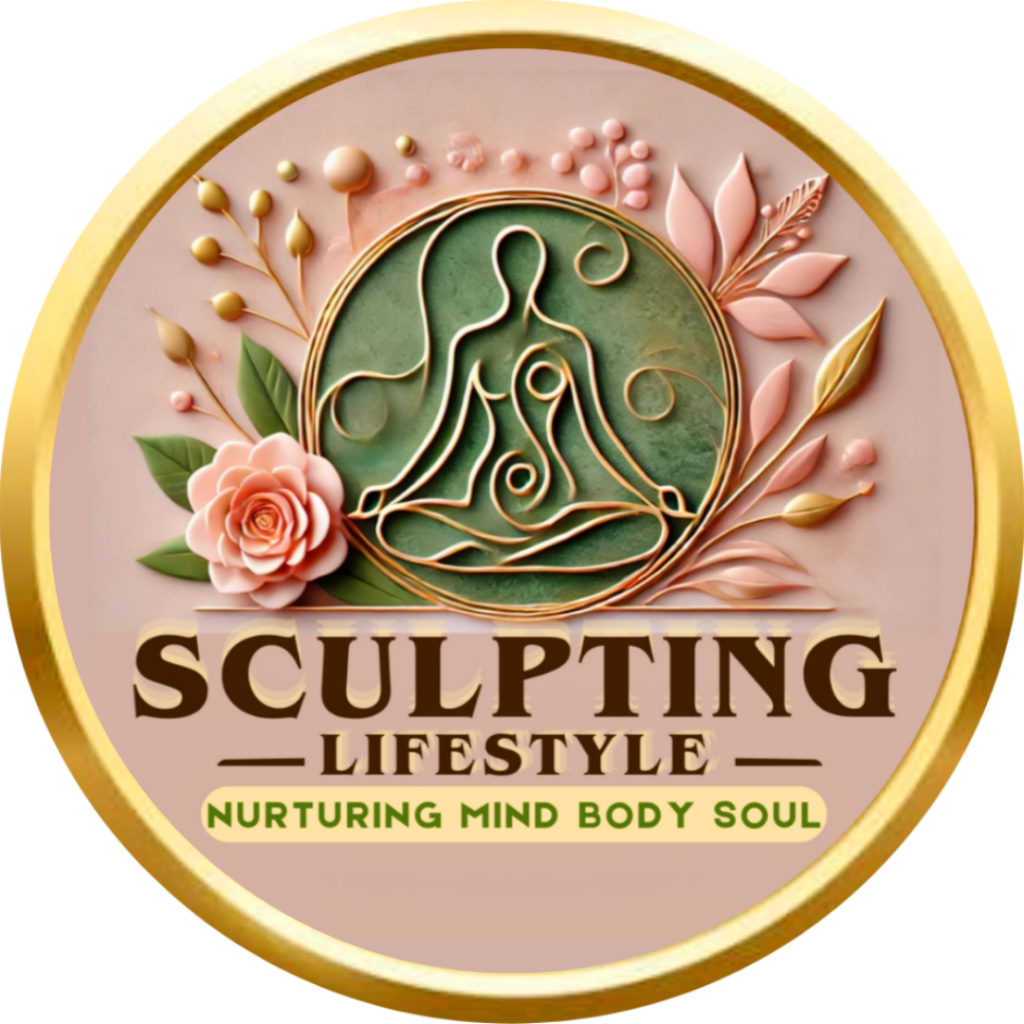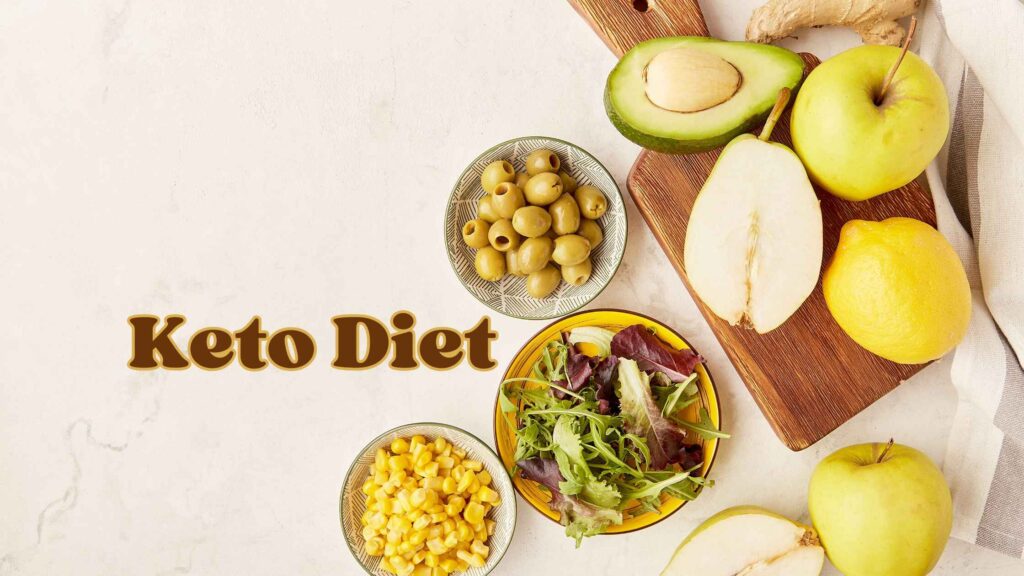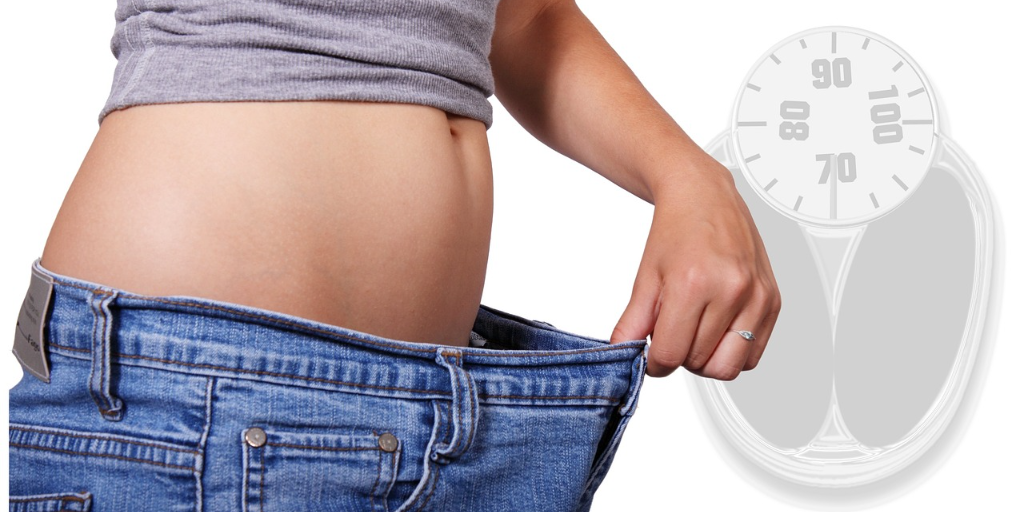The ketogenic (keto) diet has gained massive popularity in recent years as a rapid weight loss and health-improving strategy. However, many wonder if it is truly safe for long-term use. In this blog, we’ll explore the pros and cons of the keto diet to help you decide if it’s right for you.
What is the Keto Diet?
The keto diet is a low-carb, high-fat eating plan designed to put your body into ketosis—a metabolic state where fat becomes the primary fuel source instead of carbohydrates. Typically, the diet consists of:
- 70-80% fats
- 10-20% protein
- 5-10% carbohydrates
The Science Behind the Keto Diet
The ketogenic diet works by shifting the body’s primary fuel source from glucose (carbohydrates) to ketones (fat-derived molecules). This metabolic state, known as ketosis, occurs when carbohydrate intake is drastically reduced, and the body begins breaking down fat for energy.
How Ketosis Works
- Depleting Glycogen Stores: Normally, the body stores carbohydrates as glycogen in the liver and muscles. On a keto diet, limited carb intake forces the body to deplete these stores within 1-3 days.
- Ketone Production: With low glucose levels, the liver starts converting fatty acids into ketones (beta-hydroxybutyrate, acetoacetate, and acetone), which become the primary energy source.
- Fat as Fuel: Since insulin levels drop, the body efficiently burns stored fat for energy instead of relying on incoming carbs.
Pros of the Keto Diet
1. Rapid Weight Loss
By drastically reducing carbohydrate intake, the body burns fat for energy, leading to quick and effective weight loss, particularly in the initial stages.
2. Better Blood Sugar Control
The keto diet may help stabilize blood sugar levels, making it beneficial for people with type 2 diabetes or insulin resistance.
3. Improved Mental Clarity & Focus
Ketones, produced during ketosis, serve as an efficient fuel source for the brain once the body fully transitions into ketosis, which can enhance mental clarity and cognitive function.
4. Reduced Appetite & Cravings
The high-fat and protein content helps you feel fuller for longer, reducing overall calorie intake and curbing cravings.
5. Potential Benefits for Certain Health Conditions
The keto diet has shown promise in managing epilepsy, polycystic ovary syndrome (PCOS), and neurological disorders such as ADHD, Alzheimer’s and Parkinson’s disease.
Cons of the Keto Diet
1. Keto Flu
When transitioning into ketosis, many people experience symptoms like headaches, fatigue, nausea, and irritability, commonly known as the “keto flu.”
2. Nutrient Deficiencies
Due to the restriction of fruits, vegetables, and whole grains, there’s a risk of missing essential nutrients like fiber, vitamins, and minerals.
3. Increased Risk of Heart Disease
A high intake of saturated fats from sources like butter, cheese, and fatty meats may increase LDL (bad) cholesterol levels if not properly managed.
4. Potential Digestive Issues
Lack of fiber from whole grains and some fruits can lead to constipation and other digestive discomforts.
5. Difficult to Maintain Long-Term
The keto diet requires strict adherence, making it challenging for social situations, dining out, and long-term sustainability.
6. Effect On Brain
Carbohydrates (glucose) are the brain’s primary source of energy. When following the keto diet, carbohydrate intake is drastically reduced, leading to lower glucose availability. Initially, this can cause brain fog, fatigue, and difficulty concentrating as the brain adapts to using ketones (fat-derived molecules) as an alternative energy source.
Best Foods for the Keto Diet
To maintain ketosis, it’s essential to focus on low-carb, high-fat, and moderate-protein foods. Here’s a list of the best foods to include in a keto diet:
Healthy Fats & Oils
✔️ Avocados
✔️ Olive oil
✔️ Coconut oil
✔️ Butter & ghee
✔️ Almonds & almond butter
✔️ Walnuts & pecans
✔️ Chia seeds & flaxseeds (also rich in fiber and omega-3s)
✔️ Hemp seeds (complete protein source)
✔️ Pumpkin seeds
Protein Sources (Moderate Intake)
✔️ Fatty fish (salmon, sardines, mackerel)
✔️ Meat (beef, pork, lamb, poultry)
✔️ Eggs
✔️ Full-fat dairy (cheese, Greek yogurt)
✔️ Tofu (firm tofu is lower in carbs)
✔️ Tempeh (fermented soy, rich in protein and probiotics)
✔️ Seitan (wheat gluten, high in protein but not suitable for gluten-free diets)
Tip: Since many plant-based proteins contain some carbohydrates, portion control is key to staying in ketosis.
Low-Carb Vegetables
✔️ Leafy greens (spinach, kale, arugula)
✔️ Broccoli & cauliflower
✔️ Zucchini & bell peppers
✔️ Asparagus & Brussels sprouts
Dairy & Alternatives
✔️ Heavy cream
✔️ Full-fat cheese
✔️ Unsweetened almond or coconut milk
Keto-Friendly Snacks
✔️ Dark chocolate (85%+ cocoa)
✔️ Cheese crisps
✔️ Nut butters (without added sugar)
Foods to Avoid
❌ Sugary foods (soda, candy, baked goods)
❌ Grains (bread, pasta, rice, oats)
❌ High-carb fruits (bananas, apples, grapes)
❌ Starchy vegetables (potatoes, corn, carrots)
❌ Processed & sugary drinks (fruit juices, energy drinks)
Eating the right foods helps maintain ketosis, optimize energy levels, and prevent nutrient deficiencies.
Is the Keto Diet Safe for Everyone?
While the keto diet may be effective for short-term weight loss and health benefits, it’s not ideal for everyone. People with pre-existing conditions such as kidney disease, liver disease, or eating disorders should consult a healthcare professional before starting keto.
Final Thoughts
The keto diet offers impressive benefits, but it also comes with potential risks. If you decide to try it, ensure you focus on healthy fats, stay hydrated, and include nutrient-dense foods to prevent deficiencies. As with any diet, it’s essential to listen to your body and consult with a doctor or nutritionist before making drastic changes.
Would you try the keto diet? Share your thoughts in the comments below!
Thank you
Sculpting Lifestyle
Disclaimer: This article is purely for information purpose; it is not a substitute for any medical treatment and therapy. Consult healthcare provider or dietician for proper guidance.
Book Your Personal Consultation Today!! Click Here



